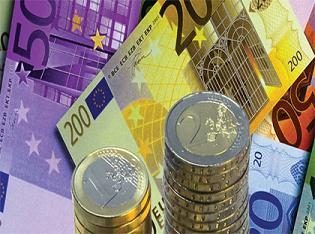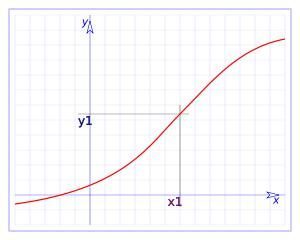 Surplus is an economic term that is commonly used and is used to refer to trade balances that give a positive result from a greater amount of income than expenses.
Surplus is an economic term that is commonly used and is used to refer to trade balances that give a positive result from a greater amount of income than expenses.
The notion of surplus can be used both in the private sphere (for example, in relation to the trade balance of a business) and also in the public sphere (the relation to the State being the most common of all references).
The study or observation of the surplus implies, needless to say, defining a specific period of time over which the analyzes and accounts are carried out. A surplus (or a positive trade balance) is the result of trade action over a certain period of time. The surplus means that a type of exchange or commercial action supposes greater income than expenses, which inevitably generates a profit or economic return that can be saved or reinvested according to the interests of those responsible.
Causes of the state surplus
When it comes to the surplus of a state, it refers to much larger numbers. In general, the surplus of a State (a condition that is certainly difficult to obtain in times of crisis) depends on the combination of payments that the State needs to make (for example, to external organizations such as the International Monetary Fund (IMF), in salaries to its personnel, in the provision of services, etc.) and the income that that State manages to collect (mainly through taxes, customs fees, interests and various types of exchanges).
Needless to say, the economic surplus for a State is essential since it gives it much more freedom to make decisions freely and without having to depend on the help of other States or international organizations that, at times, can be very usurious .
In situations of crisis or institutional weakness, the continuity of a positive trade balance or surplus can be very irregular
We must emphasize that the surplus in the state normally takes place when the income that comes from state companies, taxes, withholdings, among other concepts, exceed the expense that is had in obligations contracted or in public services. Now, this scenario may imply correct and efficient administrative management, that is, be the result of an oiled, balanced and zero corrupt government administration, or, failing that, a lack of investment in social matters.
In the first case, obviously, it is very good news for citizens and their well-being because that state of surplus will imply benefits and trust in those who administer them. Meanwhile, when the surplus of money has to do with what we mentioned about lack of investment in sensitive areas such as social, surely, many people will end up paying for that lack and there will be social sectors, usually the most needy, that will suffer the dire consequences of it.
The other side: the deficit
The other side of the surplus is the so-called deficit, a concept that is also very common at the behest of the economy and is used to designate the state of affairs opposite to the surplus, which is the negative amount that arises when expenses or debits are greater than income and credits.
Excess of something beneficial or necessary
On the other hand, in ordinary and colloquial language the word is used to account for the excess that exists of what is considered beneficial or necessary. That is, when someone has a lot of something that they do not need, this concept can be used to account for it. "Maria has a surplus of job opportunities and she doesn't appreciate them the way she should." "At present the company has a surplus of suitable people and then it is necessary to take advantage of it to increase productivity".









